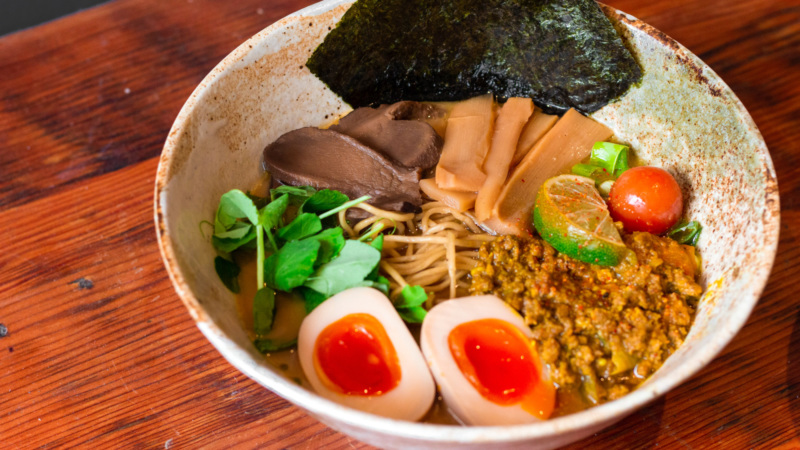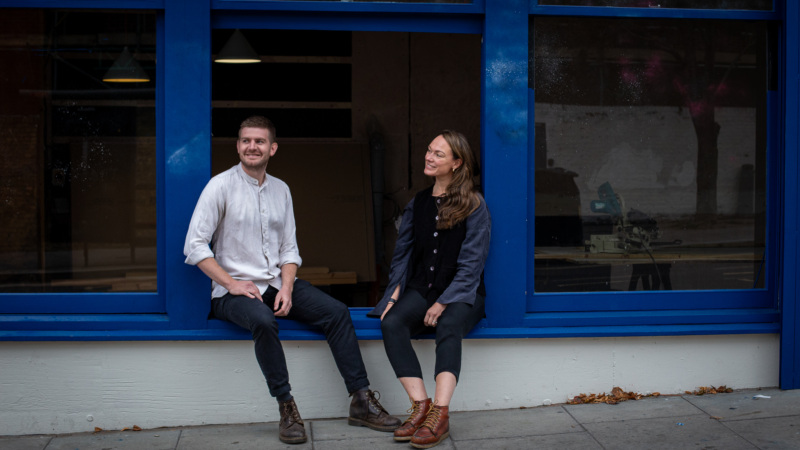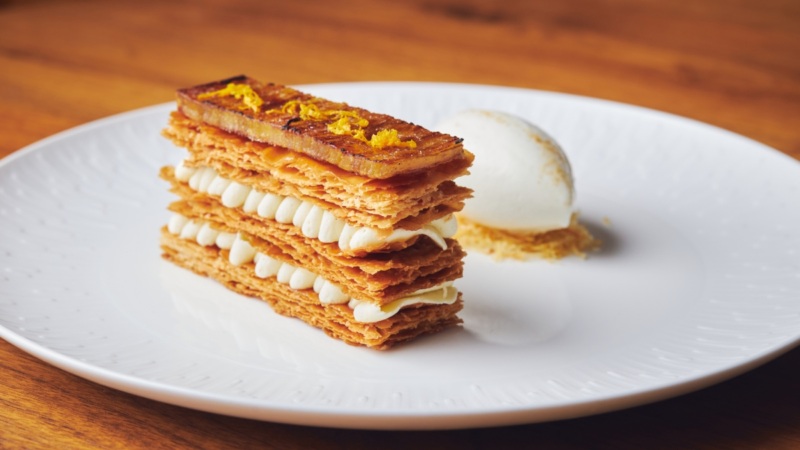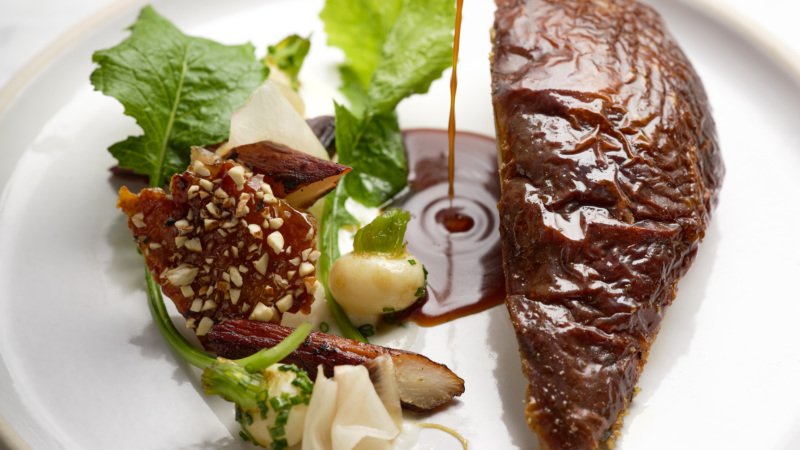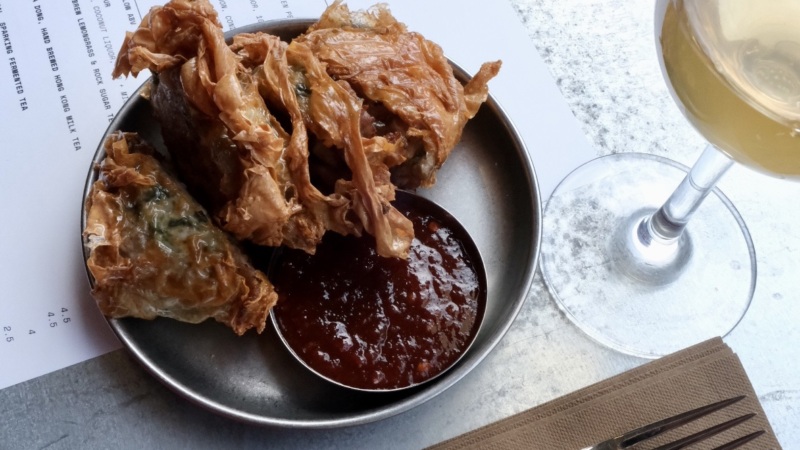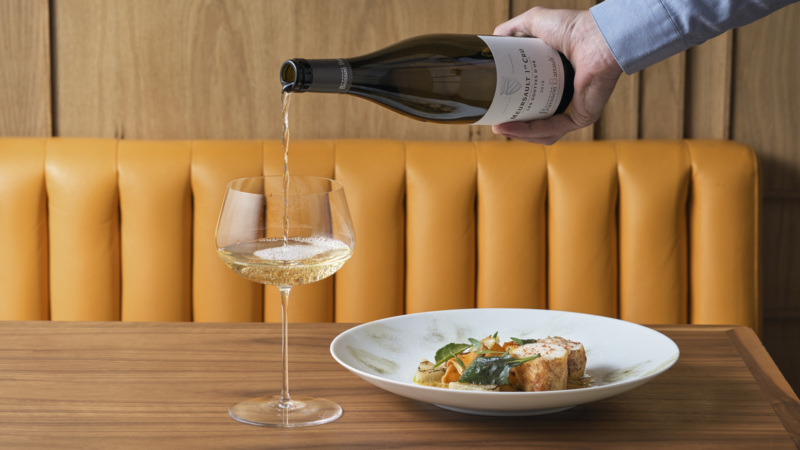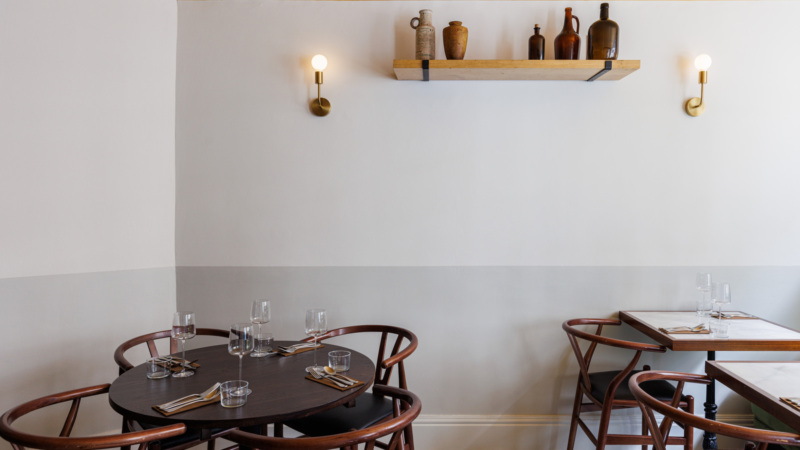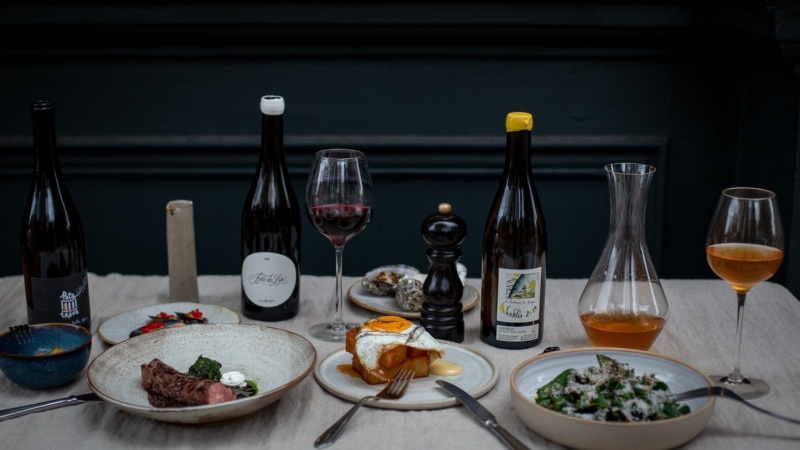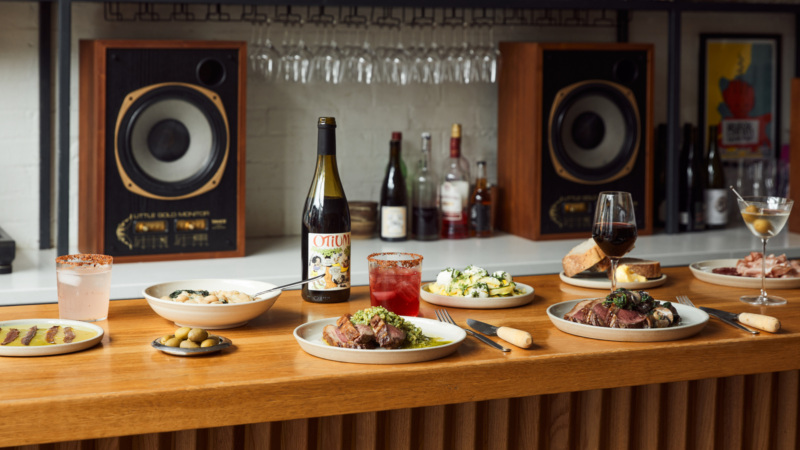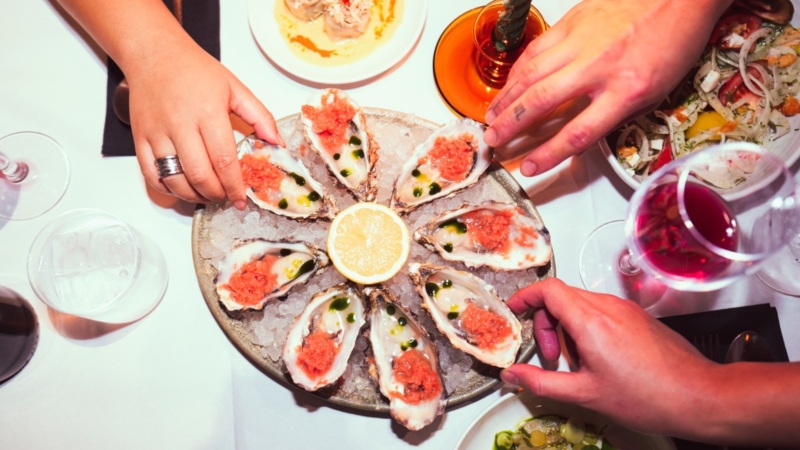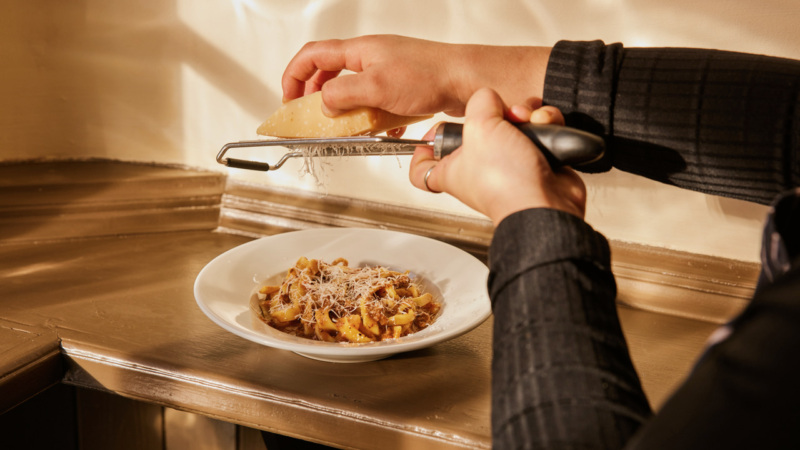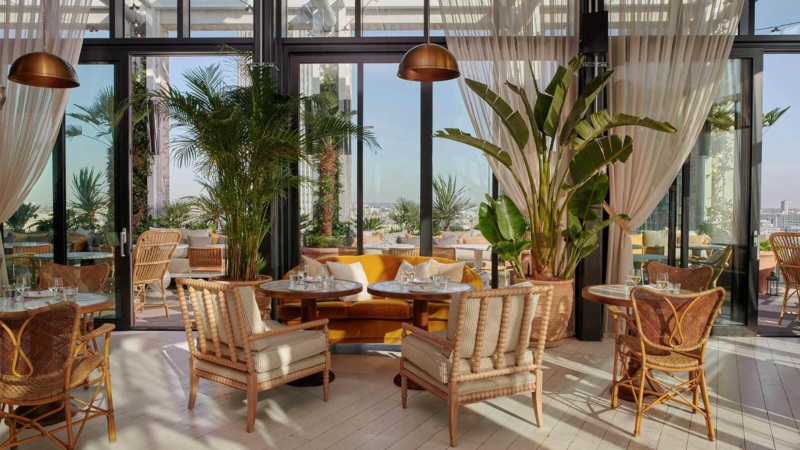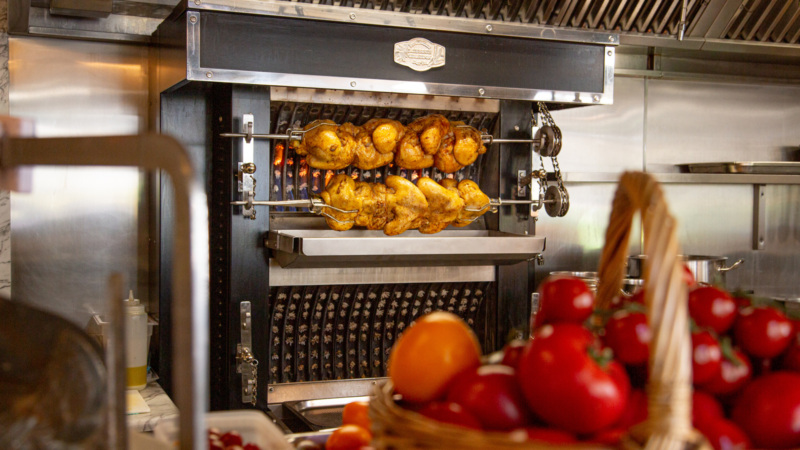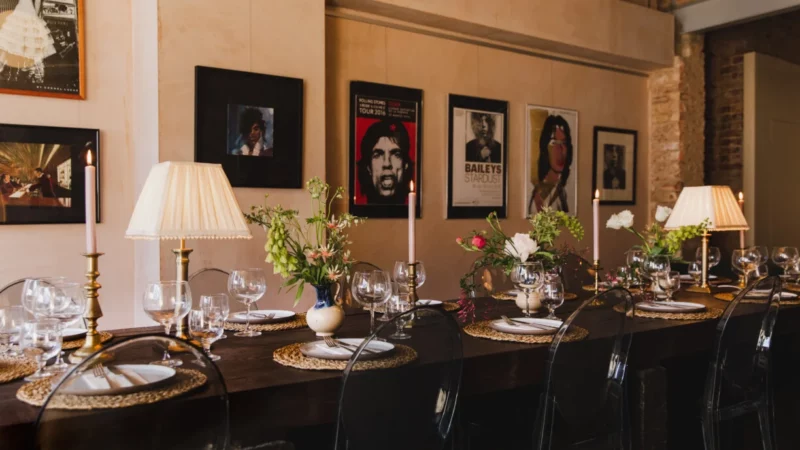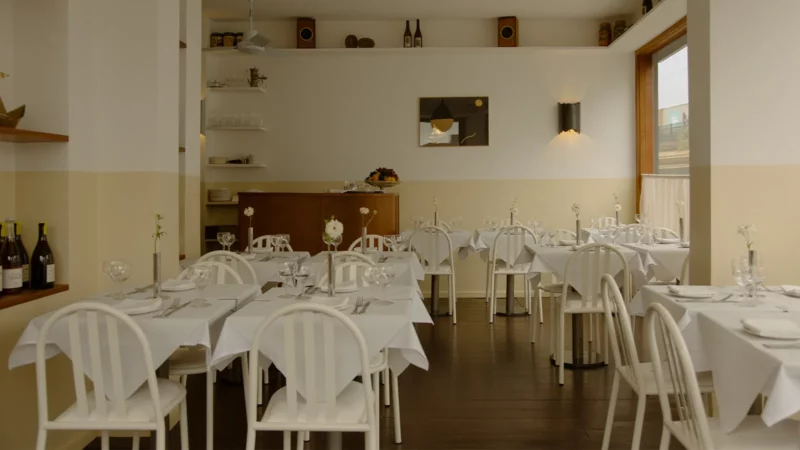
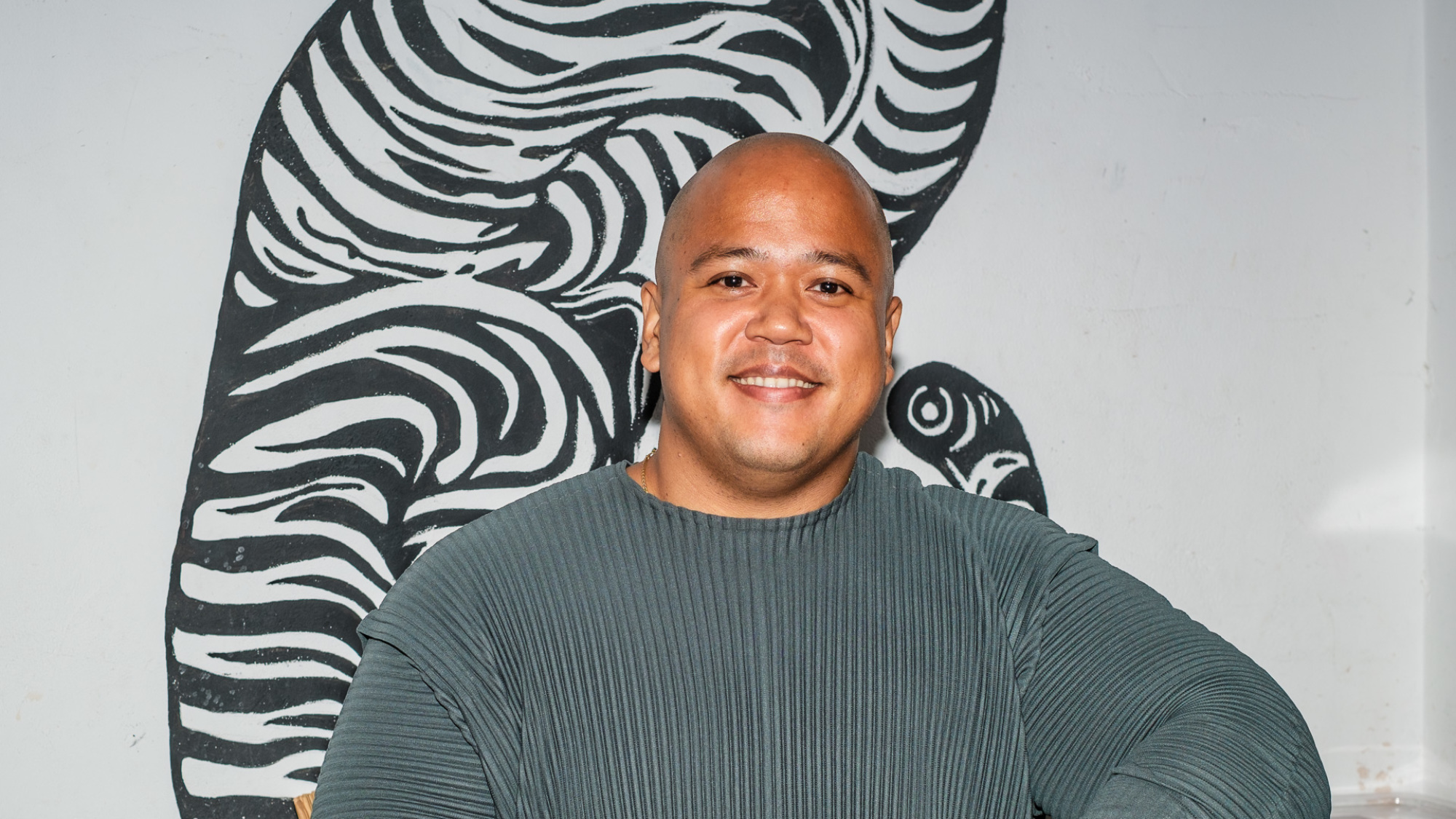
How Omar Shah Grew Bintang From a Single Restaurant Into a Filipino Empire
The doors of Bintang first opened in 1987, with its name drawing inspiration from its significance in Indonesia – literally translating to “star” in Indonesian as well as alluding to the country’s national beer. Situated on Kentish Town Road, the restaurant has been serving a variety of Asian cuisines for 35 years and remains much the same – walls and flooring dressed in bamboo, the kitchen guarded by the same chefs since opening day, and its love for celebrating flavours across Southeast Asia undimmed.
In the early days, the menu was a seven-page tome, lined with dishes from a mixture of Southeast Asian cuisines spanning Malaysian, Indonesian, Singaporean, and Thai fare. “Looking back, I don’t know how they managed to run that,” laughs owner Omar Shah, who took over the restaurant from his father Shaduk.
Since taking the reins, Shah has put his distinctive stamp on the menu and dining experience, with a much greater focus on the cuisine of his Filipino heritage. And while Maginhawa Group, the restaurant empire he co-founded and built with his partner Florence Mae Maglanoc, has grown to six popular franchises today, Shah’s story begins with Bintang.
When Shah reminisces about his childhood, he often goes back to Bintang. At ten years old, he spent his days taking orders, wiping tables, and washing dishes with his sister Jasmine. And when he wasn’t helping out his parents, he was devouring a bowl of his favourite Bintang curry – one of the recipes he’s kept and preserved. “Bintang was my after-school dinner for years,” he recalls.
As Shah grew older, the nature of tasks he would be left in charge of also changed. He began to be more involved in making business decisions. At fifteen, he witnessed Bintang suffer financially after the decision to stop selling alcohol, owing to his father’s commitment to keeping the restaurant halal. Shah was stuck thinking of a solution that could protect both the restaurant’s future and his father’s wishes. A few days later, he came up to his father with a proposal: “If you don’t want to sell alcohol, why don’t you just ask them to bring it themselves?” Since then, Bintang evolved to follow a strict BYOB policy.
Unlike most teenagers entering university, Shah knew what the post-school future held for him. Running Bintang had always been an ongoing conversation between him and his father – a dialogue that heavily influenced his decision to pursue business studies. But he decided against immediately taking the reins of Bintang after graduating. Instead, he took on a job as an accountant for a start-up in order to sharpen his business instincts.
“My dad had always told me that after uni, he wanted me to run this place,” he says, sitting at a corner table at the restaurant. Shah took over in 2012, and the first challenge he encountered was managing a team. “It was difficult – I had to be an authoritative figure to people I grew up calling ‘Uncle’ and ‘Aunty’,” he said. Omar was unsure about how his new team – people who always saw him as a young kid – would take to his leadership. There was a lot of pressure to be a leader and at the same time, preserve his personal relationship with each and every one of them. “At that time, my confidence to lead them wasn’t there at first, but I was passionate about our restaurant.”

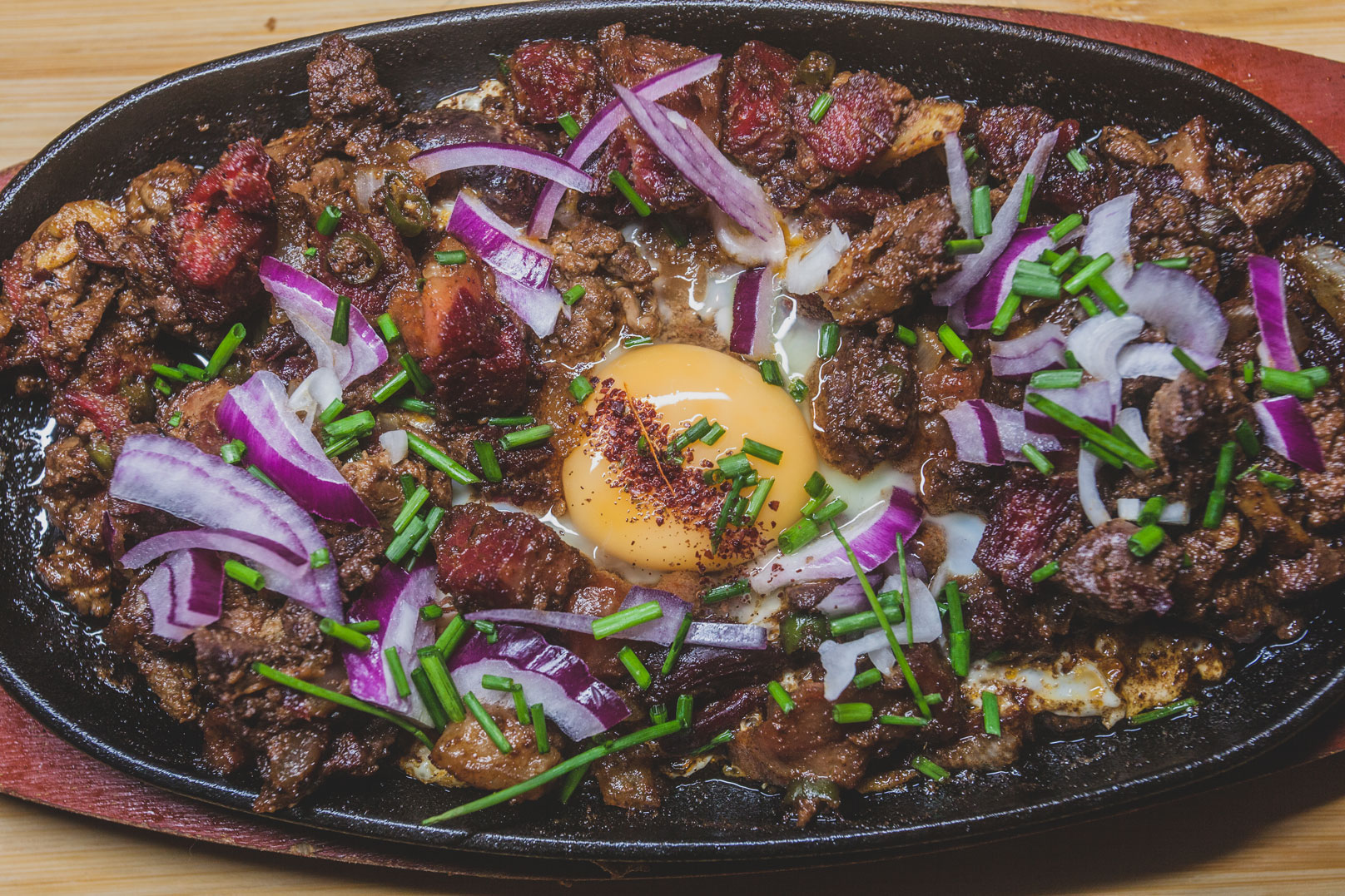
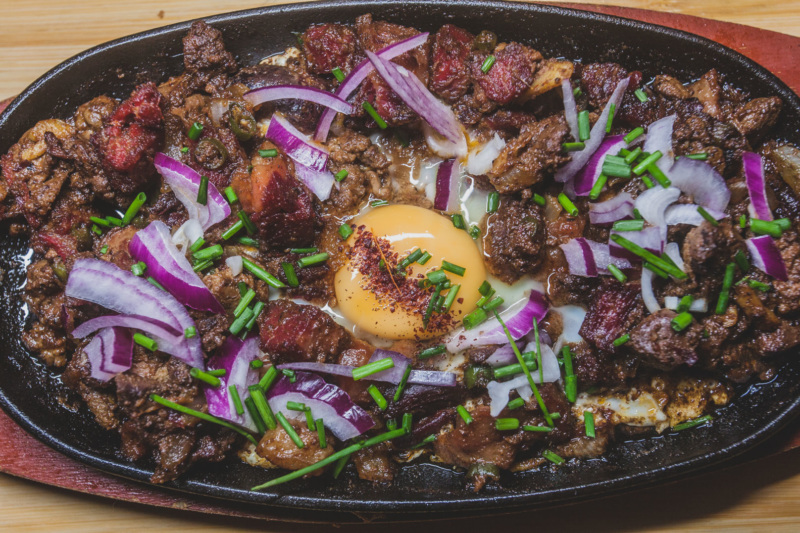
Rediscovering His Filipino Roots
Born in London to a Catholic Filipino Mother and a Muslim Bangladeshi father, Omar always felt his identity was mapped onto a mix of cultures. Living in Church Street market – known as Little Lebanon – Omar also spent parts of his childhood in the Philippines, his changing surroundings exposing him to a wide range of flavour profiles and cuisines. “I was never scared of trying out different food,” he says.
The decision to turn Bintang into a Filipino restaurant circles back to one of the first rules Shah learned when serving customers. “My dad used to tell me and my sister, ‘Don’t tell them where you’re from [and] just say you’re Malaysian,’” he says. He posited that his father carried a level of shame surrounding where he came from and how that stripped him of the right to be cooking the dishes Bintang was serving. “As a child, I’ve always been told that I couldn’t say where I’m from,” he says. “It didn’t make sense to me then, but now I embrace it.”
“At that point of my life, there was so much childhood trauma of pretending to be someone I’m not, and I had only started rediscovering what it meant to be Filipino, and I met [my partner] Mae,” says Shah. “For me, [being Filipino] was always something I thought should be celebrated.”
As a child, I’ve always been told that I couldn’t say where I’m from. It didn’t make sense to me then, but now I embrace it.
Running alongside this inkling to return to his roots, Shah took the lengthy menu and stripped it down to a one-pager broken down into a handful of chef’s specials, noodles, and mains. He also developed a new menu section dedicated to the quintessential Filipino breakfast staple, silogs.
A portmanteau for sinangag (garlic fried rice) and itlog (egg), silogs are a savoury and imaginative dish that can be whatever its eater wants it to be. And for Shah, he developed three distinctive choices including longsilog (smoked marinated beef & lamb sausage), tapsilog (sirloin beef steak), and bangsilog (marinated fried milkfish).
For a lot of Filipinos, the desire for a silog extends well beyond the hours of breakfast, the dish easily turning into a no-fail lunch choice, a quick-and-easy dinner, and a late-night craving after an evening of drinking. While his silog selection remains faithful to the classics, Shah’s play with flavours has also been influenced by his childhood memories. “I’m not making traditional Filipino food, I’m doing something from what I grew up with. And that’s my take on Filipino food,” he shares.
The way Omar has changed Bintang mirrors both his loyalty to his father’s ideas as well as his own culinary creativity. “I always change things, I always wanted to put my own mark on things,” he says. But he admits that some things about Bintang are held sacred, such as the recipe of Bintang curry – a dish he has known and loved for years – which he turned into the marinade for their chicken inasal.
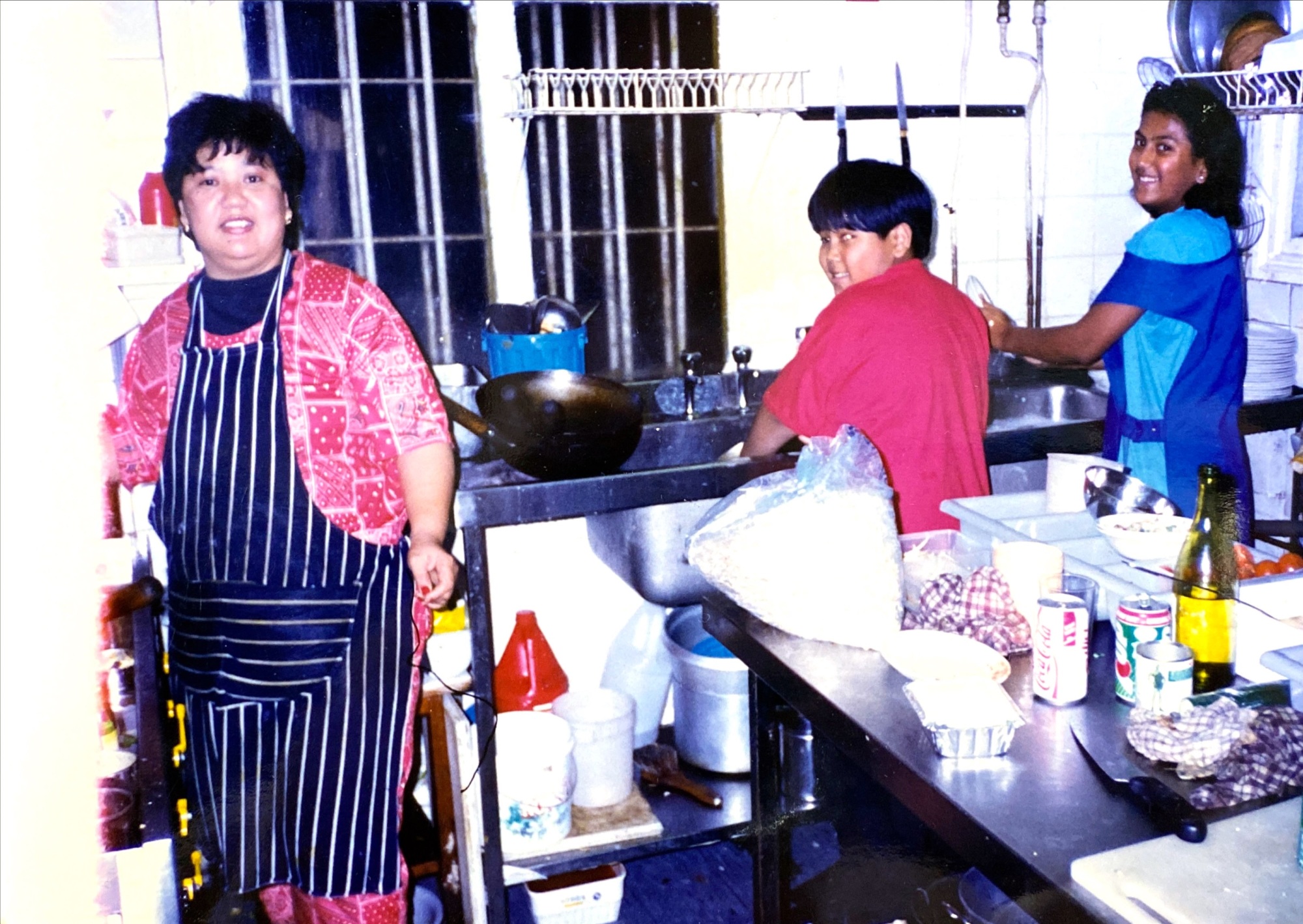
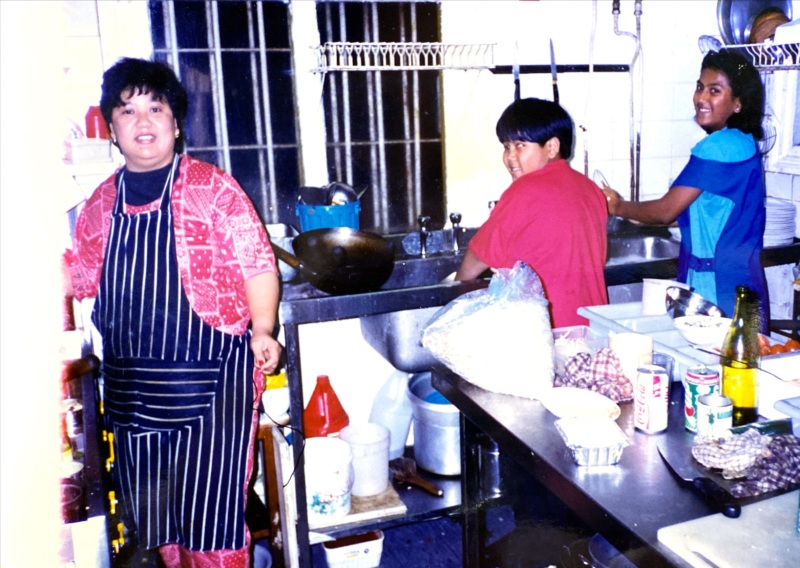
The Rise of Maginhawa Group
Since opening Bintang on a quiet section of Kentish Town Road that connects the high street to the bustle of Camden, Shah and Maglanoc have branched out to several restaurants, each with a distinct identity. As always, the duo’s timing and business sense put Maginhawa Group ahead of the curve, whether exploring casual Filipino fare through the medium of a bakery (Panadera), adapting a ubiquitous dish like ramen through the lens of their own upbringing (Ramo), or riding a citywide adoration of Asian desserts. At their heart though, are the lessons learned in those early days.
Shah opened sister brand Mamasons Dirty Ice Cream for a host of reasons, but the desire to ultimately push for a dessert concept in the first place came from Bintang. “We couldn’t do desserts well because of the small kitchen [at Bintang] and that’s why we created Mamasons,” he says. Mamasons – an award-winning ice cream parlour which now has three locations in London – recreates traditional Filipino ice cream and frequently draws lines for its signature ube (purple yam) flavour ice cream. Encased in a soft milk bun, the colourful dessert has become a staple of countless dessert tours and Chinatown crawls on Tik Tok and Instagram and is arguably one of the city’s most recognisable desserts.
Dessert wasn’t the only thing that came from his time in the kitchen at Bintang. “Taking over Bintang allowed me to take more risks. It was a hub to try out different things,” he says. “I made the first Filipino ramen in the kitchen of Bintang – chicken sopas ramen.” This rich and flavourful bowl eventually led to Ramo Ramen, his next concept. Shah and Maglanoc opened their second branch of the successful ramen bar-through-a-Filipino lens in Soho in 2021, the group’s first central London restaurant.
For Shah, Bintang chronicled his most treasured memories with his family – the first time he cooked himself, the first time he drank alcohol, his birthday parties, and even his sister’s wedding. “My daughter who’s 8 years old has taken a couple of orders now too,” he shares. “She’s even cleared tables.”
“Without Bintang, none of this would exist,” he says, gesturing to Guanabana, a Caribbean restaurant he opened next door and one of his five other concepts that surrounds Bintang in Kentish Town Road. “It is the foundation of everything we’ve done at Maginhawa. Everything I learned was from Bintang and every time we do a new concept, our thought process starts with: ‘how can it complement Bintang?’”
Juli Suazo is a freelance writer based in London.

